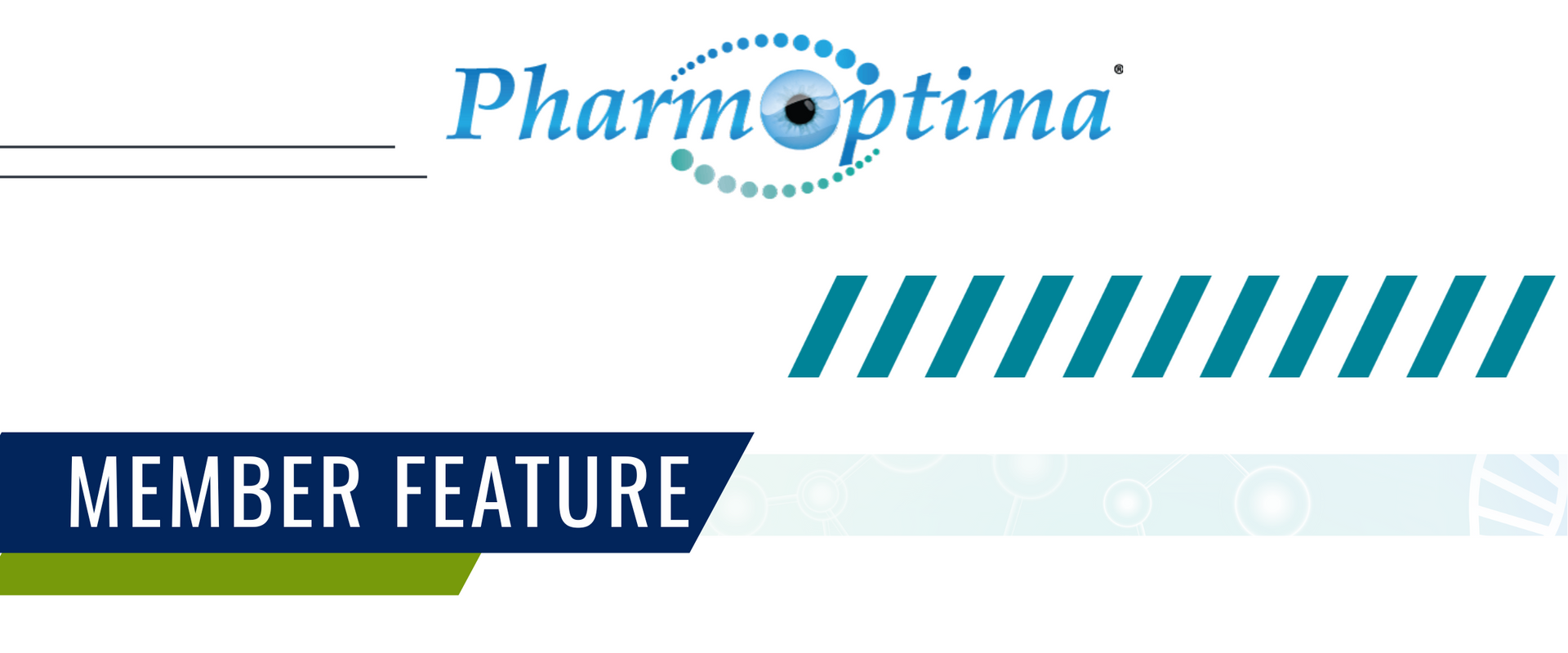Proposed USPTO Rules Likely to Cause Harm
Proposed USPTO Rules Threaten Innovation and Patent Integrity
The US Patent & Trademark Office (USPTO) has issued a Notice of Proposed Rulemaking (NPRM) regarding Terminal Disclaimer Practice to Obviate Nonstatutory Double Patenting. The intent is to make it cheaper and easier to strike down whole families of patents to prevent them “from potentially deterring competition.”
“BIO [Biotechnology Innovation Organization] believes that the proposed rule “is unsupported by the factual record, lacks legal authority, lacks a policy justification, is inconsistent with statutory and case law, and would cause extensive harm to the patent system,” says BIO’s comments.
Specific objections include:
- The proposed rule assumes that many innovative products are protected by “too many” patents, but for drugs the average number of patents for products registered with the Food and Drug Administration is 3-5.
- USPTO has no legal right to make such overarching changes to patent protections.
- The proposed rule “would undermine the value of U.S. patents and discourage innovators from seeking U.S. patents on improvement inventions and follow-on technologies.”
- It would raise the cost of patent examinations.
A group of five former USPTO Directors, Deputy Directors and Patent Commissioners sent a letter to current Director Kathi Vidal in opposition to the proposed NPRM rule package. Other experts like IPWatchdog Founder and CEO Gene Quinn called the NPRM “outrageously stupid,” noting that the law requires that patent validity be assessed claim by claim and that the judicially-created doctrine of double patenting lacks a proper basis in U.S. patent law. There are concerns shared broadly that adopting the proposed rules would increase uncertainty substantially for patent owners and wreak havoc in the bio-industry, especially for early-stage companies
RECENT ARTICLES




